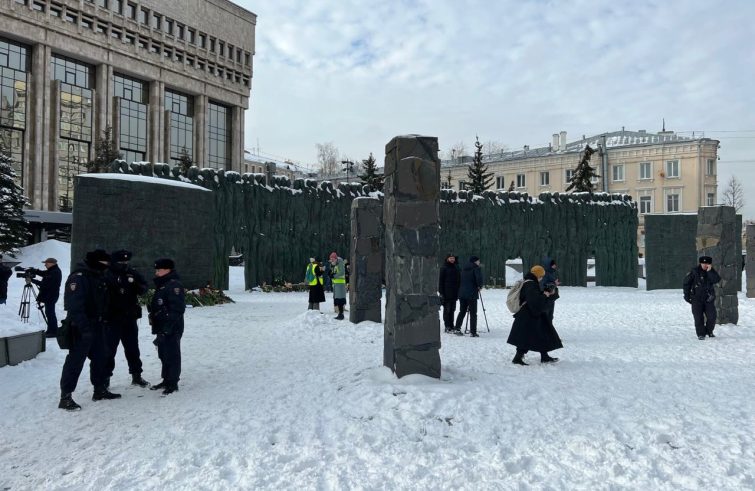
Anonymity is the key to life in Russia if you disagree with the president of the country. To save one’s freedom, one’s job, one’s loved ones, one must remain silent. SIR guaranteed not to disclose the identity of a Moscow academic who agreed to answer a few questions about Russia on the eve of the presidential elections on 15 – 17 March. It is a very sensitive subject and there is a “huge repressive machine in motion in Russia”, says our interlocutor in Moscow.
Even before the Russian invasion of Ukraine, Russia was not exactly renowned for its respect for rights and freedoms, and in the last two years the possibility of personally suffering the consequences of dissent has become an increasingly realistic and dramatic prospect.
This is Putin’s Russia in 2024.
“Everything has changed since the last elections,” says the Moscow professor: “The Russia that no longer exists is the Atlantis of our time. It is very difficult to give a precise description of the country today, because the change is in progress. There are many factors at play in the direction of this change, but I cannot yet foresee any positive development, at least for the time being.”
Each social group has its own assessment of the situation: “For some, the whole situation is very good, and for them Russia is continuing its process of “getting back on its feet” to show the world that it is to be feared and respected. For many others, the whole situation is a nightmare, and they are trying to escape or hide from reality, either by opposing it openly (which involves enormous risks, especially if you are in Russia) or more covertly – through private exchanges or closed channels of communication. However, the majority of people do not have a definite opinion: they are a little uncomfortable with everything that is happening, they would like to return to normality, but they do not speak out or voice their thoughts. Many just adapt, many are afraid, it’s a silent crowd.”
And these silent masses are, according to the interviewee, “a social fabric that works very well for the regime, which enjoys a sort of licence to do as it pleases, both abroad and at home. There are no more constraints.”
Some 110 million Russian voters will soon be casting their ballots for one of four presidential candidates:
The obvious candidate is Vladimir Putin, who is running for a fifth term as an independent, followed by Nikolai Kharitonov (Communist Party), Leonid Slusky (LDHR, Liberal Democratic Party of Russia) and Vladislav Davankov (New People’s Party). There should have been other candidates, such as Boris Nadezhdin ( Civic Initiative Party), Sergey Malinkovich (Communist Party) and two independent candidates, Rada Russkikh (businesswoman, blogger) and Anatoly Batashev (leader of the ‘Ecosila 50’ movement, member of the ‘Green Alternative’ party). The Electoral Commission rejected these candidacies for greatly contested reasons.
A total of 25 political parties are divided in their support for three of the four candidates.
“The election result is clear, there will be no surprises,” says the Moscow professor.
“The question is to what extent these elections will further legitimise Putin, the regime and the war,
and give the green light for further crackdowns and more pressure on Ukraine and the West.
The professor is pessimistic about the ability of the opposition and dissenting voices to emerge: “The organised opposition (although it was never properly organised in Russia) has been completely destroyed, the atomised opposition poses no threat to the regime. Even the opposition in exile is lacking in any kind of organisational capacity and has little influence at home”. The only hypothetical chance would be “the triggering of social unrest, such as further mobilisations or ethnic conflicts. But this is just a theory.


